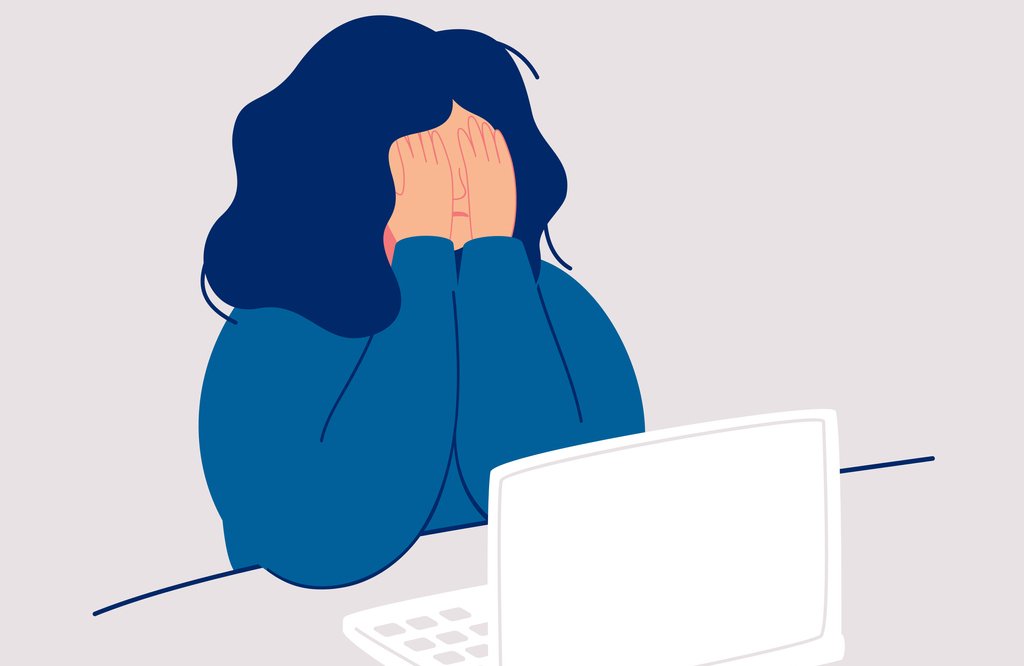Cyberbullying is finally being recognized as a real problem, although people still aren’t properly equipped to deal with it. Fortunately, ProPrivacy has plenty of tips for handling online harassment. Just follow the link for an in-depth look at cyber harassment and stalking tactics, how to spot them, and keep yourself out of harm’s way.
Naturally, the best way to protect yourself is to give the harassers as little ammo to work with as possible. Here’s what you need to do.
Keep Your Private Info Off the Web
Even if you’ve developed thick skin from dealing with trolls online, cyberstalkers and bullies like to go after weak spots. Sending inappropriate faxes to your workplace, threatening your family or friends, you name it. As such, it’s best to avoid posting your private details (name, address, workplace, etc.) somewhere easily accessible.
Even something as innocuous as mentioning your school or a teacher you studied under can be used to doxx you and do some real harm. Go ahead and clean up your social media of info that might be used against you months, even years down the line.
You can also look up your name, account handles, and other private details on Google to determine how easy it’d be for someone to doxx you. Use this Google form to ask them to remove search results you don’t want out there.
Use Alternate Emails Wherever Possible
Once a determined cyberbully finds your contact info, it’ll be a non-stop barrage of spam emails. Even if you block them, it’s quite easy for them to create a new email and continue the harassment. Fortunately, the same can be said for your case.
Use free throwaway emails to create accounts on non-essential services like forums, Discord, and other places where trolls might be lurking. This way you also prevent your primary email from leaking in case of an unforeseen data breach.
It’s no secret that the number of records exposed in data breaches have been on the rise in recent years, despite the number of breaches itself going down. You’re better off taking steps to minimize the damage right now, rather than waiting for something to go wrong later on.
Hide Your Location with a VPN
Ever wonder how cyberstalkers find out people’s locations even when they haven’t posted those details online? The answer is easy: they use IP grabbers – links or scripts that record your IP address when you click on them. IP’s contain details about your country, city, and even ZIP code, so you can see how a stalker might want to find out yours.
Naturally, the best course of action is to avoid clicking on any suspicious links that could be anything from a phishing attempt to an IP grabber. However, it’s also best to have a safety net for when you’re caught off-guard.
VPNs can help protect your online identity by masking your IP address. You’re also assigned a new one based on the server you access. As a neat little bonus, you can access geo-restricted content from abroad. Say, Netflix shows unavailable in your area, entirely new streaming platforms like Hulu and BBC iPlayer, and so on.
Furthermore, VPNs also encrypt your network traffic, hiding your online activity from anyone eavesdropping on your connection. That means hackers, government surveillance, and even your Internet provider will only see garbled gibberish. Pretty useful, all things considered.
Document the Harassment
Ideally, you wouldn’t fall victim to cyberstalking or bullying. But if you do wind up in some troll’s crosshairs, make sure to keep anything that could be used as evidence by the police later on. Text messages, emails, tweets, anything that could help the police in their investigation.
Finally, don’t hesitate to take action against cyber harassers. Don’t be discouraged by stories of victims who have unsuccessfully turned to the police in the past. Times are changing and the technologies to stop cyberbullying are catching up – all you need to do is take that first step.







